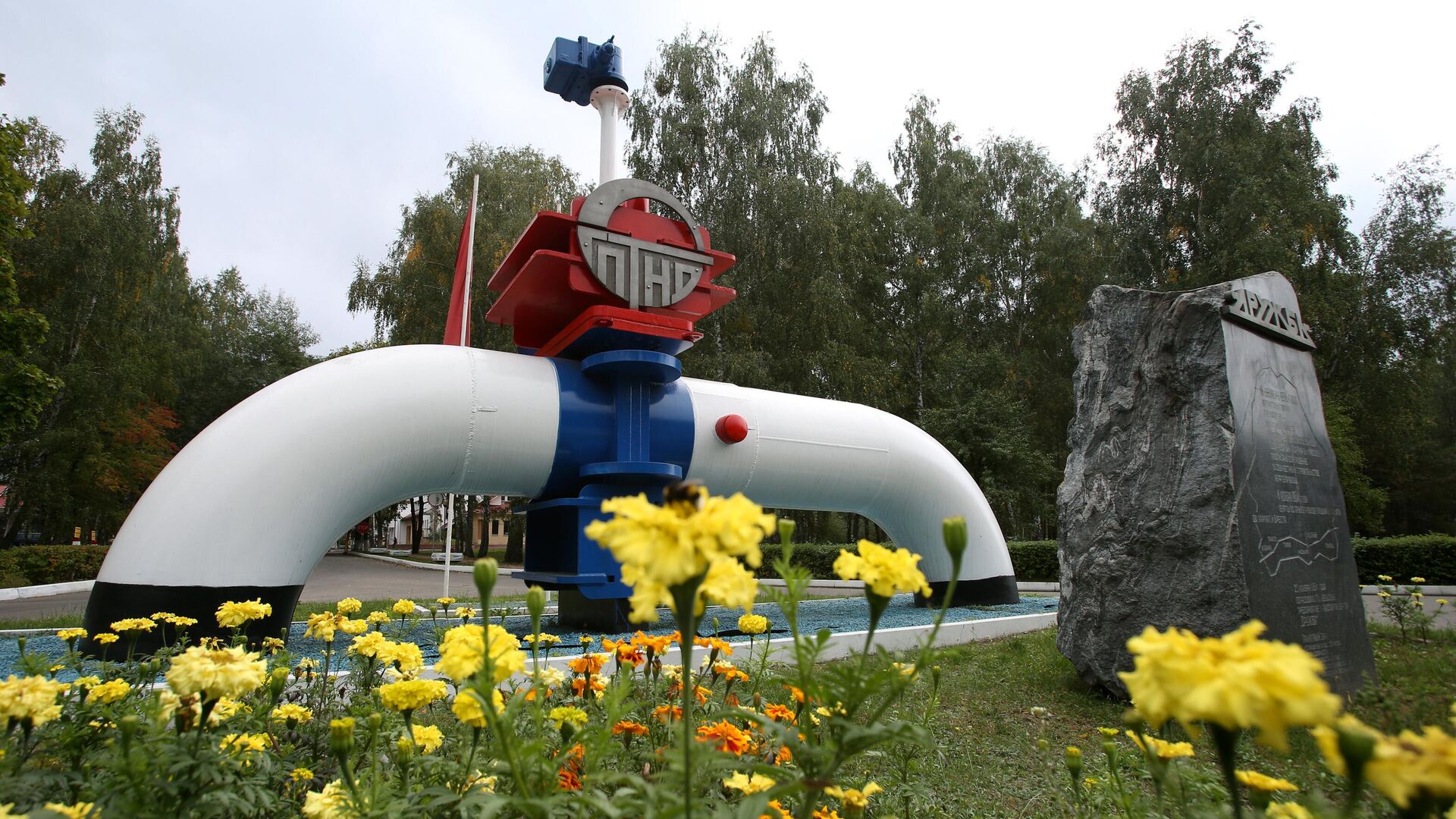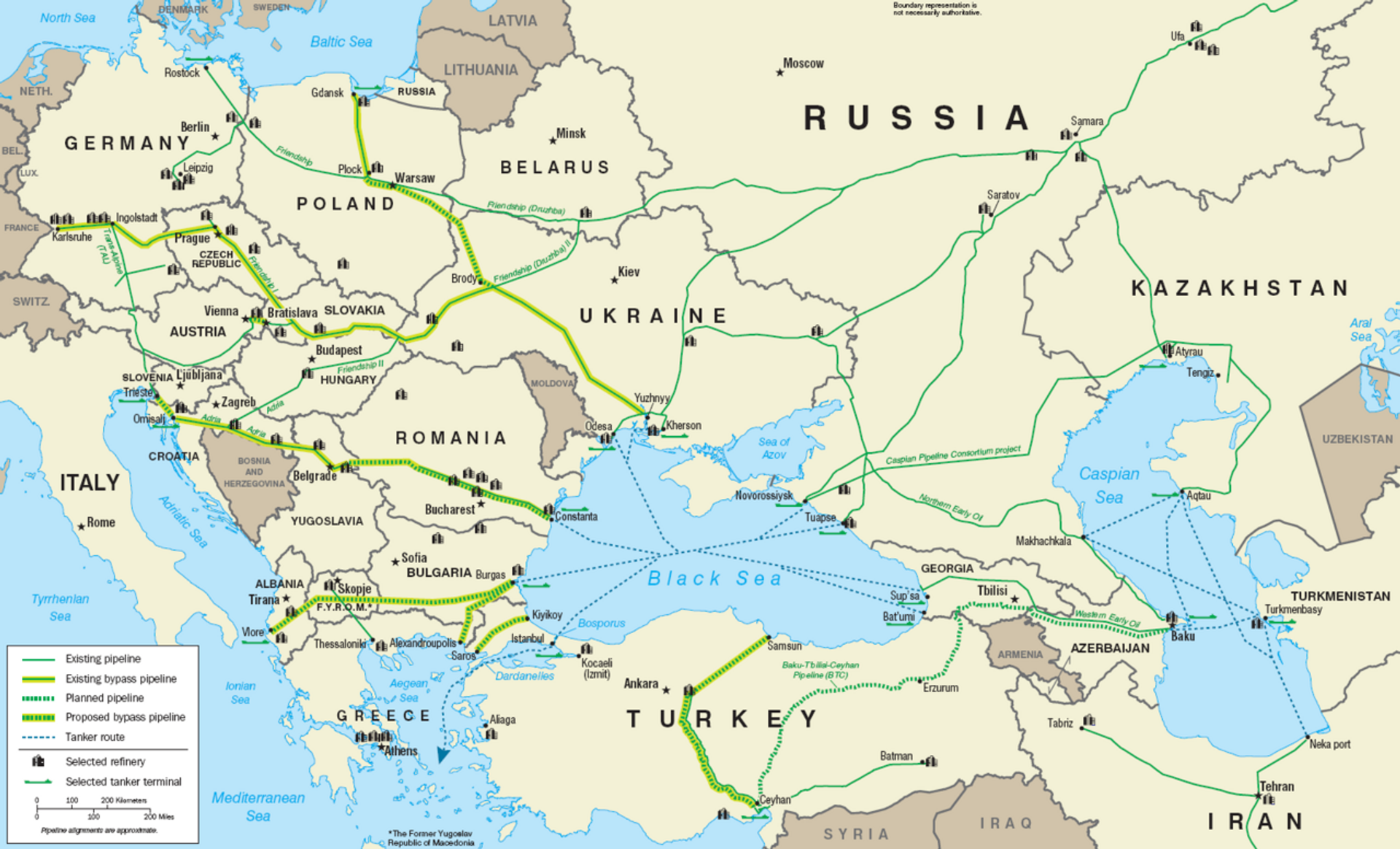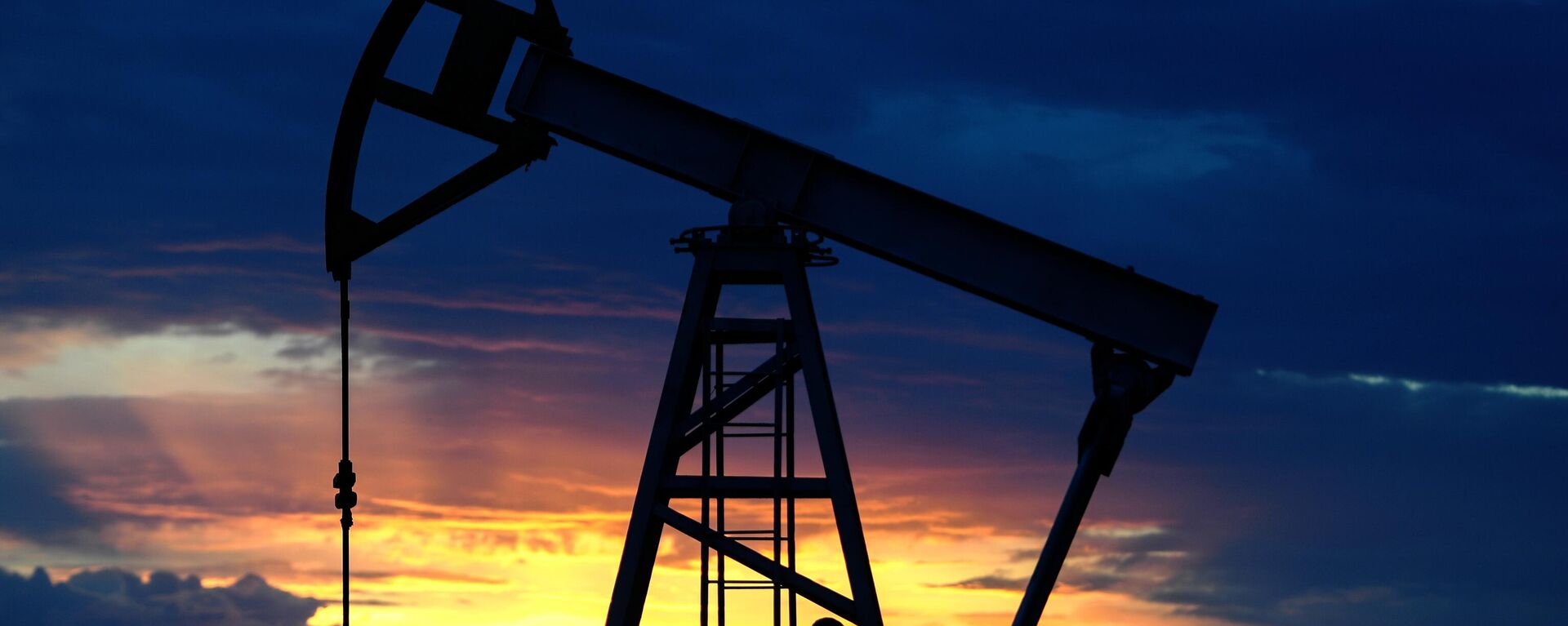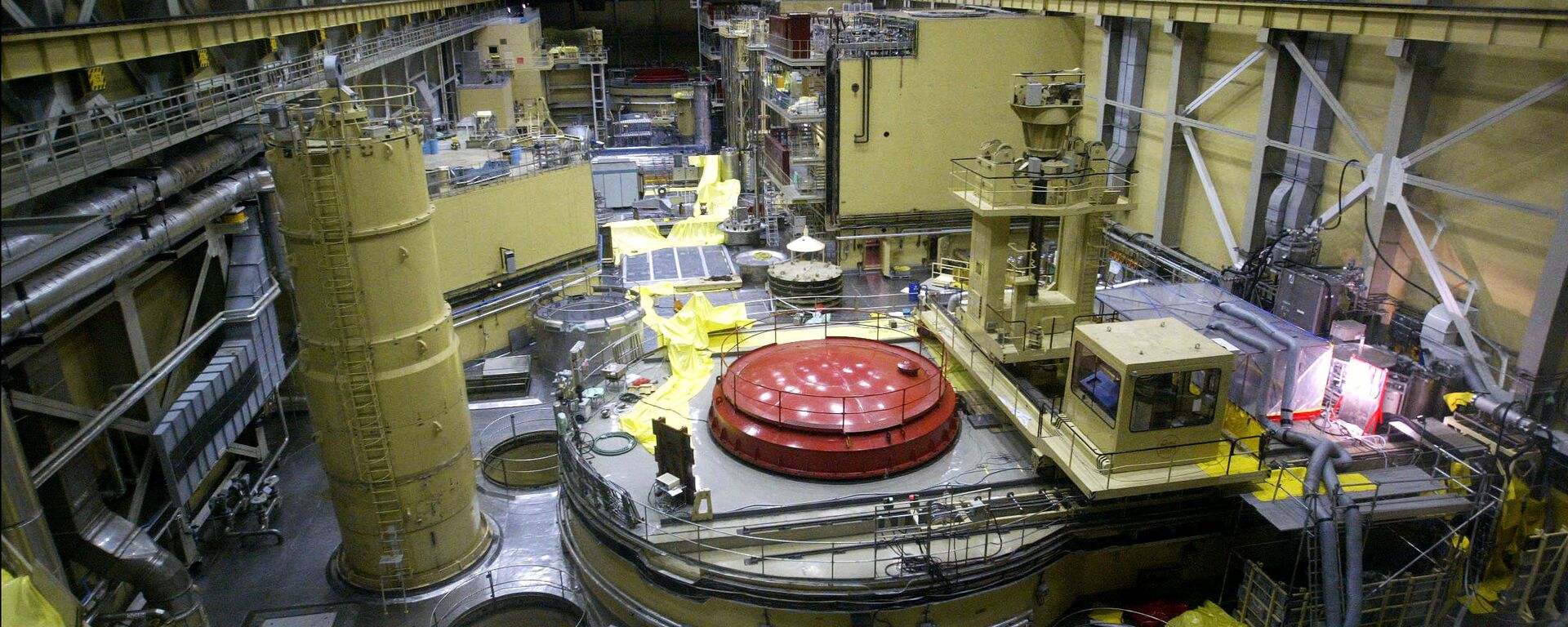Ukraine ‘Shot Itself in the Foot’ by Banning Transit of Lukoil Crude to Hungary and Slovakia

© Sputnik / Egor Eryomov
/ Subscribe
Hungary and Slovakia stopped receiving oil from Russian oil giant Lukoil via the Soviet-built Druzhba (‘Friendship’) pipeline which runs through northwestern Ukraine after Kiev imposed a transit ban. Financial analyst Paul Goncharoff says the move is both counterproductive and shortsighted, but that hasn’t stopped Ukraine’s authorities before.
Officials in Budapest and Bratislava confirmed this week that the delivery of oil supplies purchased from Lukoil through the Druzhba oil pipeline network had dried up.
Slovakian oil transporter Transpetrol said non-Lukoil Russian deliveries appear unaffected so far.
Hungarian Foreign Minister Peter Szijjarto said Budapest is receiving oil via the TurkStream pipeline, running from Russia through the Black Sea to southeastern Europe, but that supplies via Druzhba had been stopped “due to a new legal situation” imposed by Kiev.
“We are now working on a solution that would allow oil transit to restart as Russian oil is very important for our energy security,” Szijjarto said Tuesday.
Kremlin spokesman Dmitry Peskov said Friday that Moscow doubts whether dialogue with the Ukrainian companies responsible for oil transit on this issue is possible.
“This sort of decision was made not at the technical, but the political level. We don’t have any dialogue here,” he said.
Druzhba is one of the longest and largest oil pipeline networks in the world, with a capacity to ship about 66.5 million tons of oil annually. The network branches off in southern Belarus into a northern route running through Poland to eastern Germany, and a southern route, which winds through southwestern Ukraine to the Hungarian and Slovakian borders.

Old United States Department of Energy map showing the Druzhba and other pipelines in the region.
© Photo : US Department of Energy
Hungary, Slovakia and the Czech Republic negotiated with Brussels in late 2023 to allow them to maintain their pipeline-based imports of Russian oil, citing a lack of access to sea-based deliveries, and lack of opportunities to receive substantial amounts of oil from other sources.
The three countries collectively imported about 15 million tons of Russia divided roughly evenly between them in 2022, and dropped purchases modestly (between 2 and 10 percent) in 2023, according to Russian oil transport giant Transneft.
Shipments of Russian oil to Poland and further west to Germany via Druzhba’s northern branch were halted by Warsaw in early 2023.
Last month, Ukraine formally banned the transit of crude produced by Lukoil – Russia’s second-largest oil company, through the section of Druzhba running through Ukraine.
The move signals another short-sighted escalation by Ukraine’s pro-Western elite which will ultimately harm ordinary Ukrainians in the long run, says veteran financial analyst Paul Goncharoff.
“Whether Ukraine can afford to further escalate the situation surrounding the movement of energy resources is a moot point. Escalation on all fronts has passed all reasonable limits, politically, economically and militarily. They cannot afford it economically [nor] politically as they have now estranged both Slovakia and Hungary, [but will continue to escalate], regardless of cost, as their marching orders from Washington along with the servile echoes of Brussels and their insistence to ‘demonstrate resolve’” dictate, Goncharoff told Sputnik.
“The real consequences should become very clear in 3-4 months as winter descends on Ukraine, and any energy goodwill there may still be in countries neighboring Ukraine will be scarce to nonexistent,” the observer expects.
At this stage, Goncharoff says, Russian oil exporters not affiliated with Lukoil can still send oil through the Druzhba pipeline, but “how long this possibility will continue is anyone’s guess.”
“In discussions I have had with persons closely involved in this trade, there are swap workarounds being looked at in order not to deprive Slovakia or Hungary from needed and contracted resources. Unfortunately, the political reality is such that it is likely any workarounds will raise a hue and cry from the West, and they will try to close the workarounds off as well, if for no other reason but to be politically correct,” the market analyst said.
Ultimately, the old saying “shooting oneself in the foot” is an apt description for Kiev, Brussels and Washington’s policy today, “while the world looks on, shaking its collective head in wonder,” Goncharoff concluded.
Russian oil and gas flows to Europe have dropped dramatically following the escalation of the conflict in the Donbass into a full-fledged proxy war between Russia and NATO. The decline in Russian energy flows west prompted Moscow to reorient part of its energy trade to its BRICS partners (particularly China and India) and pushed EU countries and the UK to kick off a global scramble to secure the energy needed to power their economies.
The West’s attempts to “punish” Russia by cutting off energy purchases have so far had a boomerang effect, raising prices and undermining Europe’s global industrial competitiveness against China and the United States. Traditional European industrial powerhouse Germany has been hit particularly hard, facing the outflow of major manufacturers looking for greener pastures, and cheaper energy costs, in countries abroad.




